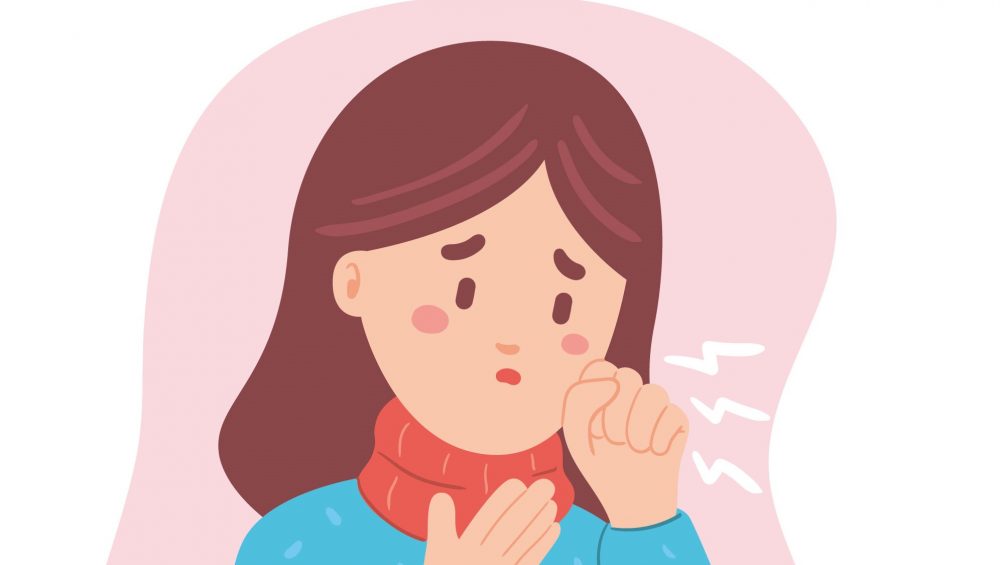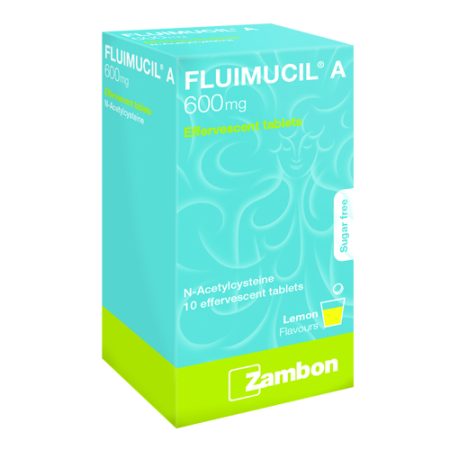Persistent Cough and Phlegm
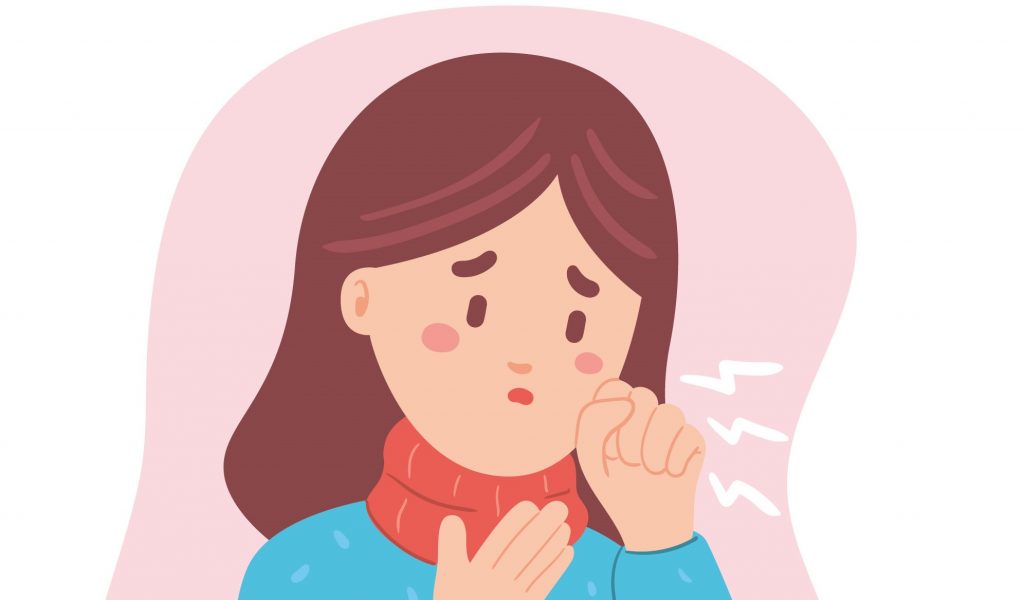
What is persistent cough and phlegm?
A chronic cough is defined as a cough that persists for more than 3 to 8 weeks, sometimes lasting for months or even years, affecting one’s sleep quality and day-to-day living. Persistent cough is not a disease in itself, but rather a symptom of an underlying condition.1
Incidences of persistent cough and phlegm
Coughing is the fifth most common reason people visit their doctor. 2 43.9% – 51.5% of these people are smoking adults aged over 40 years3 whereas 14%-23% are non-smoking adults.2
What are the possible causes?
Respiratory tract infection4
Coughing is one of the most common symptoms of colds and flu and other respiratory tract infections. The other symptoms that accompany colds and flu, such as stuffy nose and a fever are tell-tale signs that a bacterial or viral infection is causing your cough.
Chronic obstructive pulmonary disease (COPD)4
COPD can cause a nagging cough, a lung condition that includes chronic bronchitis and emphysema. It occurs when the airways and air sacs in the lungs become inflamed or damaged, most often due to smoking and is more common after age 45.
Allergic reaction4
Various pollutants and irritants in the air can cause a persistent cough. Even short-term exposure to fumes (such as diesel exhaust) can result in cough, phlegm and lung irritation. Fumes can also exacerbate the symptoms of allergies. Similarly, mold spores found in and around homes can cause wheezing and coughing when inhaled.
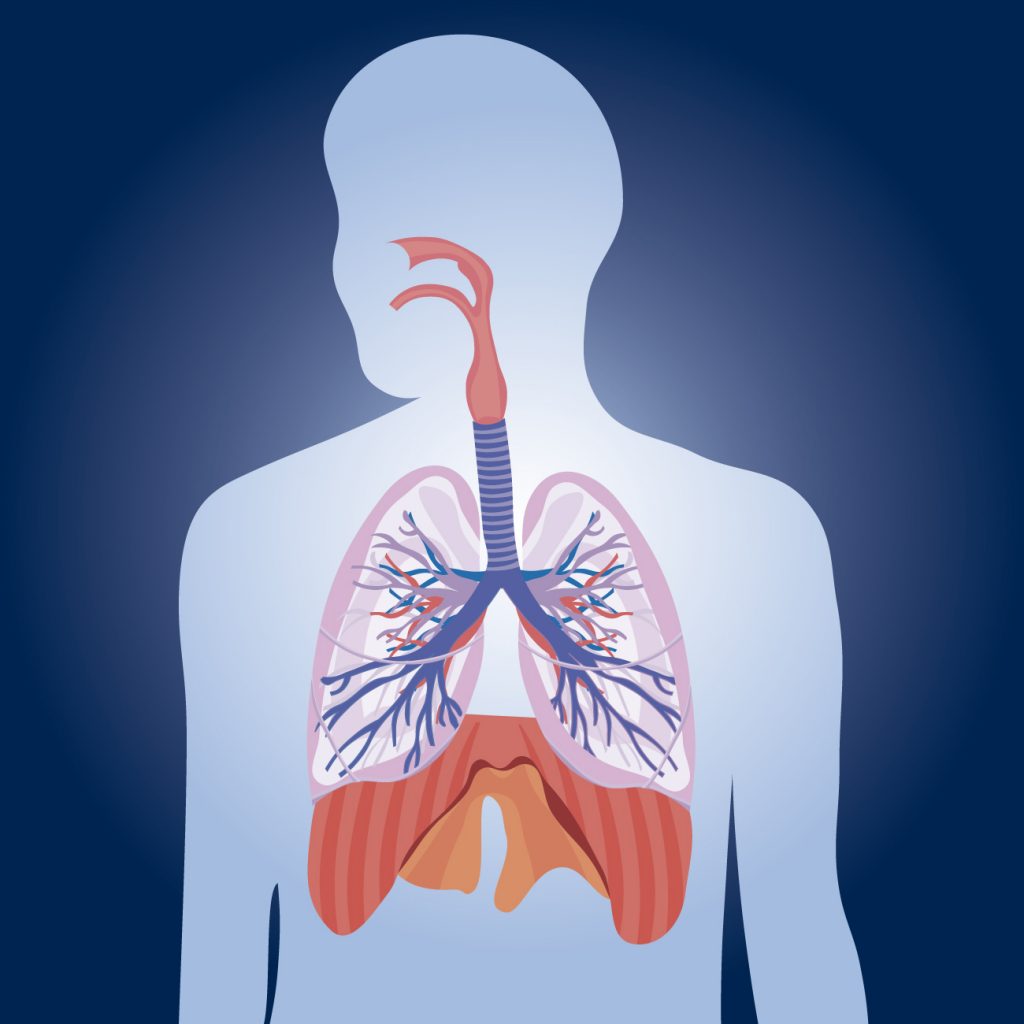
What to do to improve condition?
Immediately stop smoking cigarettes, herbal tobacco.
It takes about seven years for your lungs to completely recover from the damage of long-term smoking.
Walk for 30 minutes at least 3 days a week.
Slow down or take a break if you feel out of breath.
Add time, intensity or additional workouts to your regime.
You may decide to jog instead of walk. Exercise improves lung functions and helps you increase your lung capacity.
Reduce your intake of dairy.
Dairy causes your body to produce extra mucus, clogging the respiratory system. Sugar, caffeine, beer, wheat and fried foods produce excess mucus in many patients. Reduce your intake of these foods for added benefit.
Drink mint tea or whiff peppermint oil.
The menthol in mint helps relieve congestion so you can breathe properly. Congestion may cause you to take improper, shallow breaths. If you relieve congestion, you can practice deep breathing with more ease.
Reference
- http://www.patient.co.uk/doctor/chronic-persistent-cough-in-adults
- Marcia Jacomelli et al. Chronic cough in non-smokers: diagnostic approach. J. Pheomologia vol. 29 no.6 Sao Paulo Nov/Dec 2003.
- Hyeon-kyoung Koo et al. Prevalence of chronic cough and possible causes in the general population based on the Korean National Health and Nutrition Examination Survey. Medicine (Baltimore) 2016 Sep;95(37): e45954.
- http://www.health.com/health/condition-article
- http://www.ehow/com/how-strengthen-weak-lungs
Related Products
-
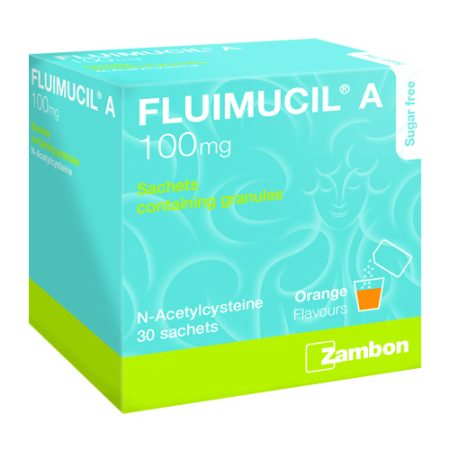 Fluimucil A 100mg Granules 30's RM32.00
Fluimucil A 100mg Granules 30's RM32.00 -
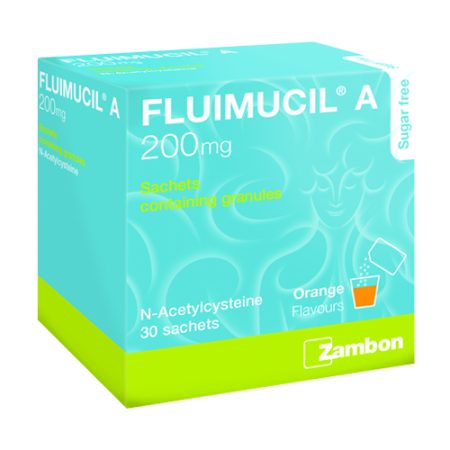 Fluimucil A 200mg Granules 30's RM37.90
Fluimucil A 200mg Granules 30's RM37.90
